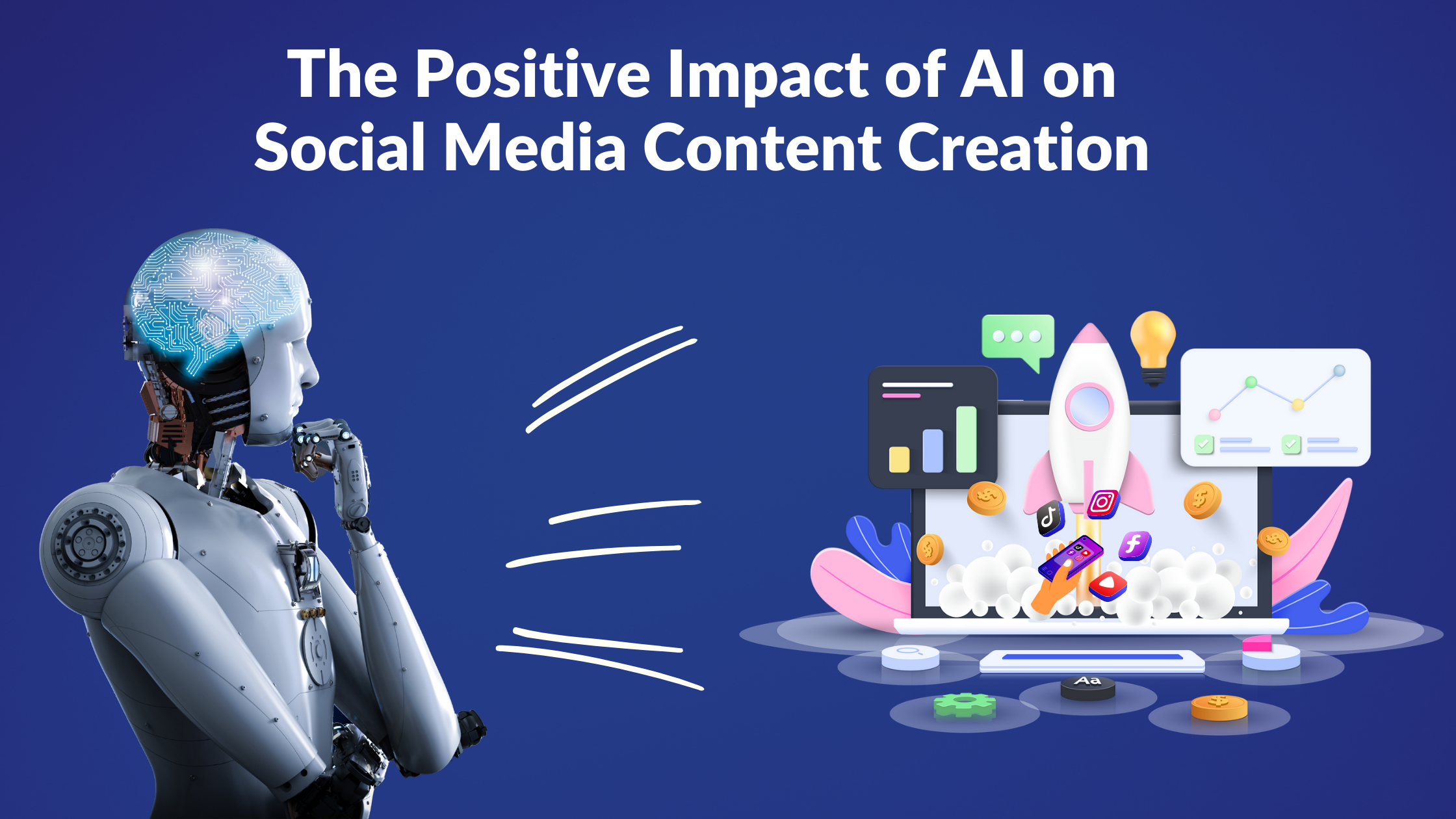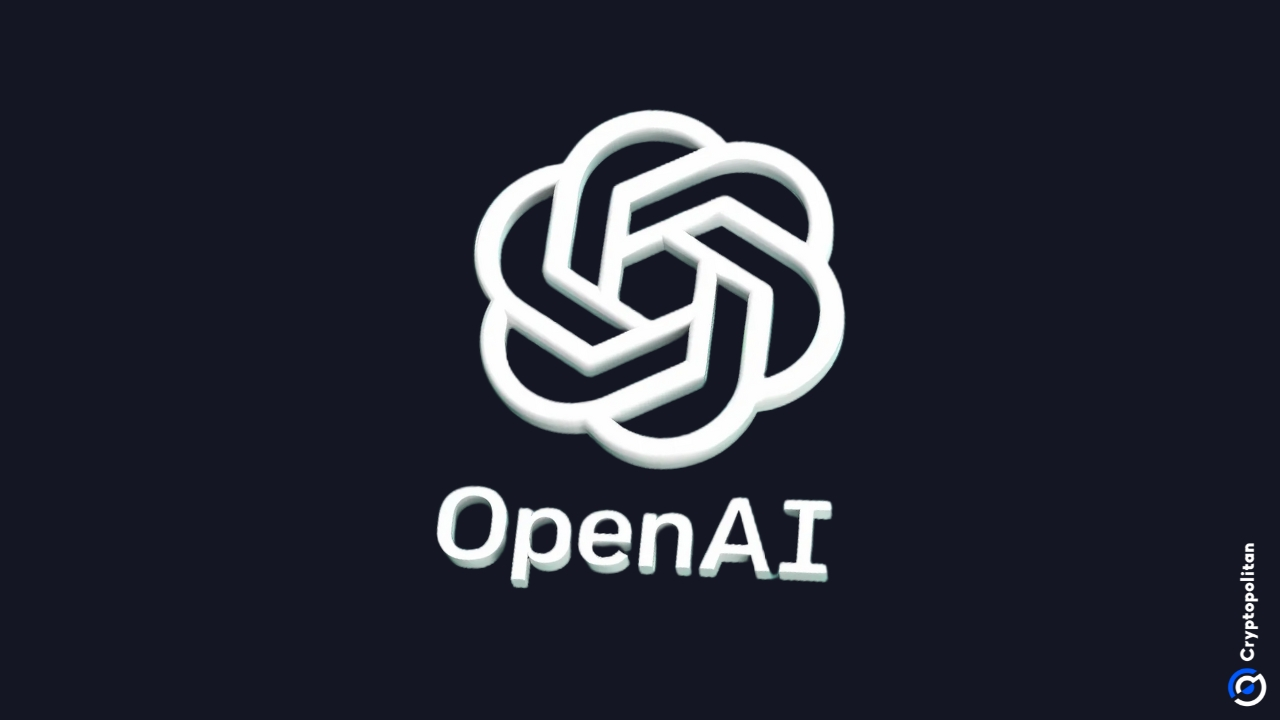Integrating Artificial Intelligence (AI) technologies is becoming increasingly prevalent in social media content creation, reshaping the landscape for creators and audiences. This convergence of art and technology brings many opportunities and challenges, impacting various facets of content production and consumption.
Automation revolutionizing content creation
One of the most significant impacts of AI on social media content creation lies in its ability to automate routine tasks, freeing up valuable time and resources for creators. AI-powered tools streamline processes such as research, data analysis, and content production, allowing creators to focus their energy on more creative endeavors. From generating topic ideas to optimizing SEO, these tools enhance efficiency and productivity, enabling creators to work smarter.
The advent of AI-driven content creation tools democratizes the production process, making it more accessible and cost-effective for creators of all backgrounds. Tools such as Midjourney for image production, ElevenLabs for voice reproduction, Opus Clip for video repurposing, and Papercup for language dubbing automate labor-intensive tasks, empowering creators to produce a larger volume of high-quality content in less time. This democratization fosters diversity and inclusivity in content creation, amplifying voices and perspectives from various communities.
However, the rise of AI in content creation also raises concerns about authenticity and originality. While AI-generated content may be visually striking, questions arise regarding its soul and emotional resonance compared to human-created content. The debate surrounding the value and legitimacy of AI-generated art underscores broader societal discussions about technology’s role in shaping cultural production and identity. Creators must navigate these concerns, maintaining authenticity in their creative practices while leveraging AI-driven tools to enhance their craft.
Utilizing AI analytics for content optimization
AI algorithms excel at analyzing vast datasets and extracting actionable insights that inform content optimization strategies. Platforms like YouTube offer AI-powered analytics tools for A/B testing headlines, predicting virality, and analyzing audience sentiment in real time. By leveraging these insights, creators refine their content strategies, tailor messages to audience preferences, and maximize engagement. However, ethical considerations such as algorithmic bias and data privacy must be addressed to ensure the responsible use of AI analytics in content creation.
The emergence of virtual influencers presents a unique challenge to traditional content creators. While virtual influencers like Lil Miquela and Shudu Gram have amassed millions of followers, they threaten human creators’ livelihoods and influence, particularly in influencer marketing campaigns. However, by fostering genuine connections with their audience and upholding ethical standards, content creators can distinguish themselves from their virtual counterparts and maintain trust and credibility.
Addressing ethical and societal concerns
As AI continues to permeate content creation, ethical and societal concerns must be addressed. Issues such as algorithmic bias, data privacy, and intellectual property rights require careful consideration to ensure the responsible deployment of AI technologies.
Creators must uphold integrity and ethical standards in their creative practices, even embracing AI-driven tools and platforms. Collaboration between creators, technologists, and policymakers is essential to navigate these challenges and foster a sustainable ecosystem for content creation.





